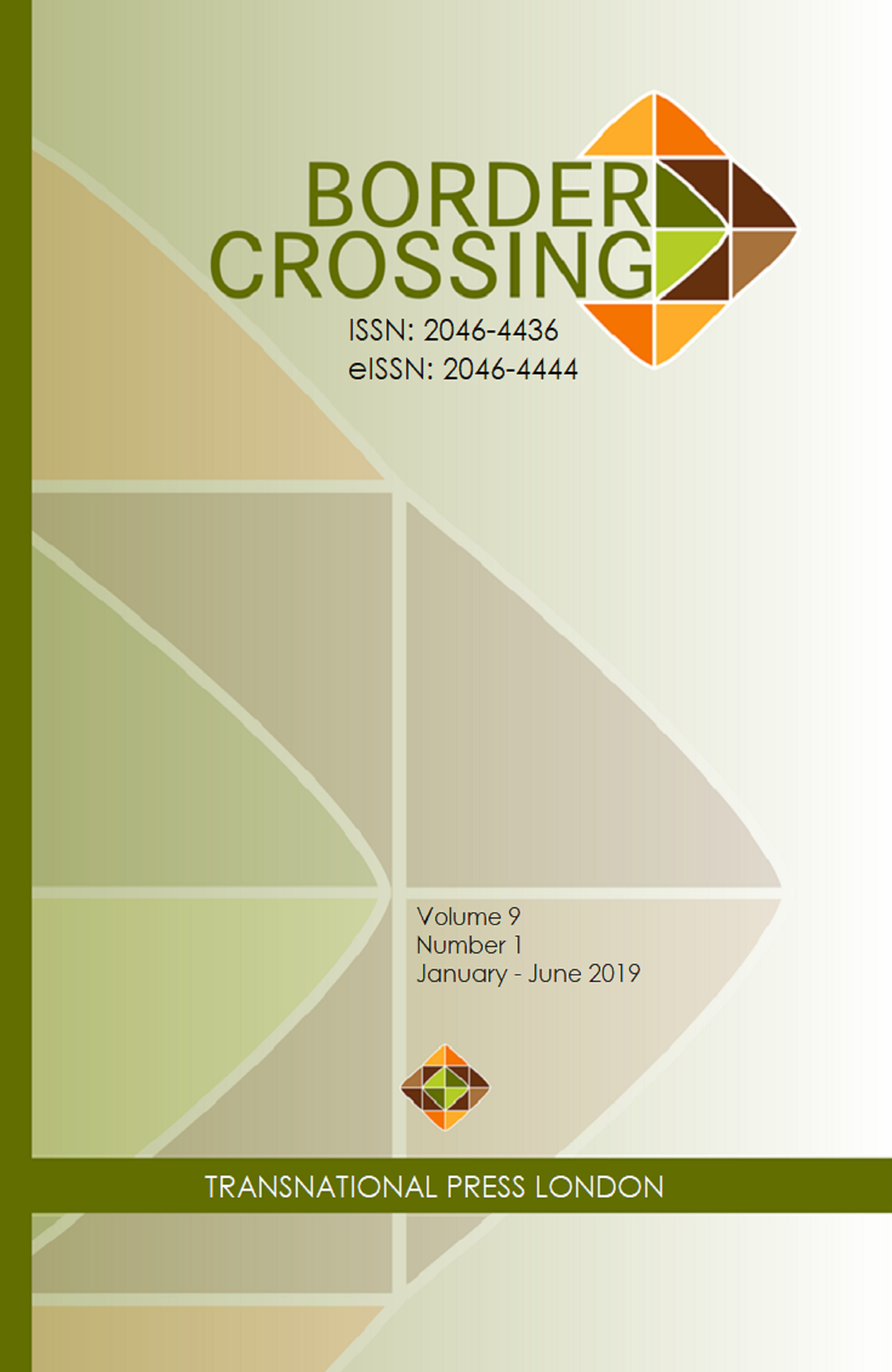Genişletilmiş Bilincin Olanağı Üzerine
On The Possibility of Extended Consciousness
Author(s): Argun Abrek CanbolatSubject(s): Epistemology, Cognitive Psychology
Published by: Transnational Press London
Keywords: extended consciousness; extended mind; cognition; parity argument; perception-action;
Summary/Abstract: In this paper, I aim to analyse the answers to the question about whether extended consciousness is possible. To this end, I examine both the extended mind thesis and the extended consciousness thesis. The extended mind thesis is analysed as it is important to understand the extended consciousness thesis within the framework of this paper. The first part deals with the extended mind thesis and places special emphasis on the ‘parity principle’, some thought experiments (and their relation to the thesis) and ‘perception-action’ dependence. In the second part, I examine the extended consciousness thesis by looking at Andy Clark’s responses to such a thesis and focusing on the recent discussions prompted by Victor Loughlin’s and Karina Vold’s accounts. It seems that the original refutation by Andy Clark and David Chalmers, centring on the speed of conscious processes, is misleading, as Vold objected. Following the arguments and thought experiments of Loughlin and Vold, it can be said that the thesis of extended consciousness seems more plausible than was the case before. Although there is now a special emphasis on ‘directness’, as a criterion to account for the consciousness internalism of Chalmers, it can still be said that, as Chalmers also state, no sufficient condition is represented for such directness. The aim of this paper is to contribute to corresponding Turkish literature by highlighting the recent discussions concerning the extended consciousness thesis.
Journal: Border Crossing
- Issue Year: 9/2019
- Issue No: 1
- Page Range: 3-18
- Page Count: 16
- Language: Turkish

